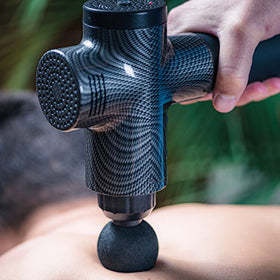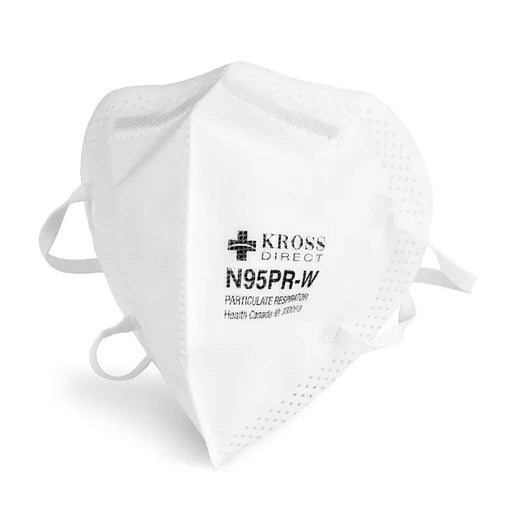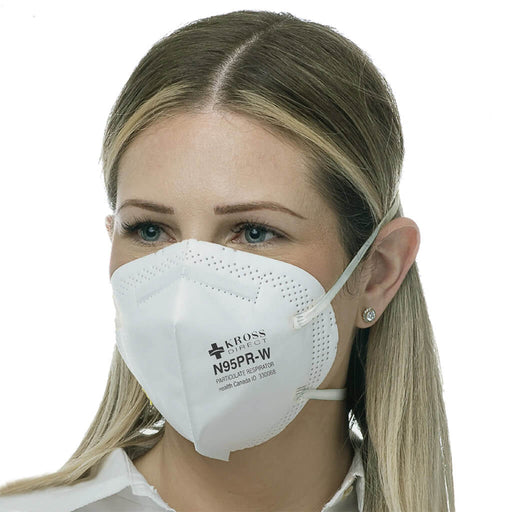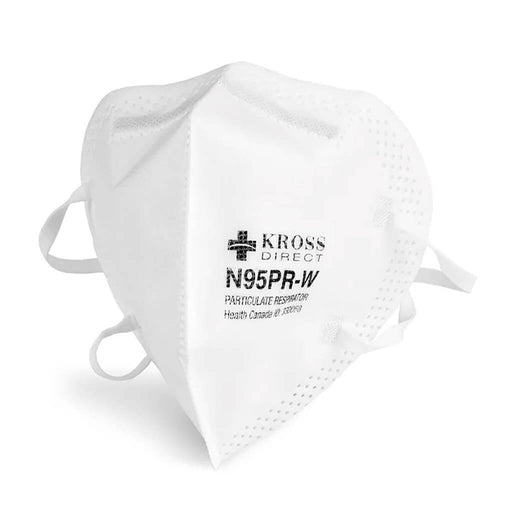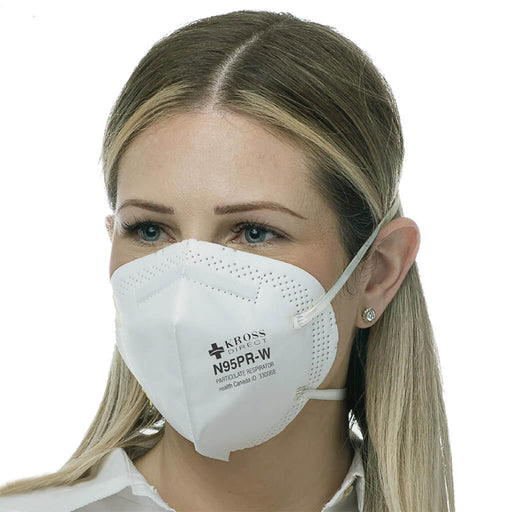over $250.00
Health professionals may use paper masks and eye protection in a clinical setting for several reasons:
- Infection Control: Paper masks and eye protection are essential components of infection control measures to prevent the transmission of infectious diseases. They act as barriers, reducing the risk of respiratory droplets or airborne particles from entering the eyes, nose, or mouth of the health professional.
- Respiratory Protection: Paper masks, such as surgical masks, are designed to filter out larger respiratory droplets and particles, providing respiratory protection for the wearer. They help prevent the inhalation of infectious agents, allergens, or other harmful substances present in the clinical environment.
- Source Control: Paper masks also serve as a means of source control, limiting the release of respiratory droplets from the health professional into the surrounding environment. This is particularly important during procedures or situations where the health professional may cough, sneeze, or speak closely to a patient, reducing the risk of transmission to others.
- Protection from Splashes or Sprays: Eye protection, such as goggles or face shields, is used to safeguard the eyes from potential splashes, sprays, or splatters of bodily fluids, chemicals, or other hazardous materials that may occur during clinical procedures. They provide a physical barrier, preventing direct contact with the eyes.
- Occupational Safety: Paper masks and eye protection contribute to the overall safety of health professionals in a clinical setting. By wearing these protective measures, they minimise the risk of occupational exposure to infectious diseases, hazardous substances, or bodily fluids, ensuring their own well-being.
It's important to note that the choice of personal protective equipment (PPE) can vary based on the specific clinical situation and the nature of the potential hazards. Health professionals should adhere to the guidelines and recommendations provided by their respective healthcare organisations or regulatory bodies to ensure appropriate and effective use of PPE.
